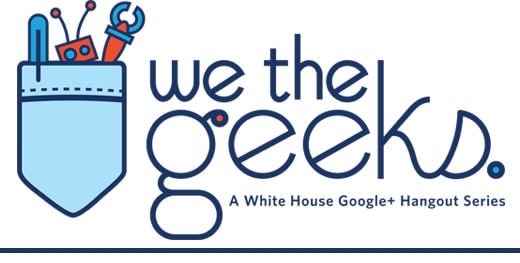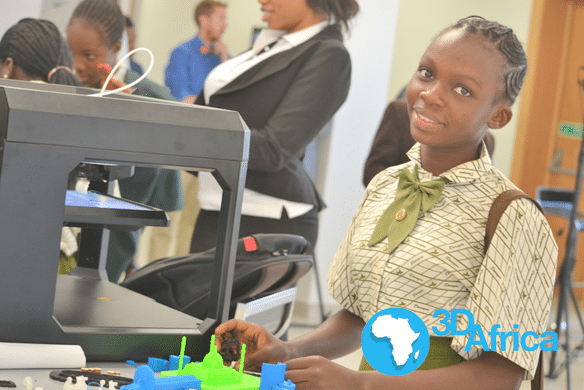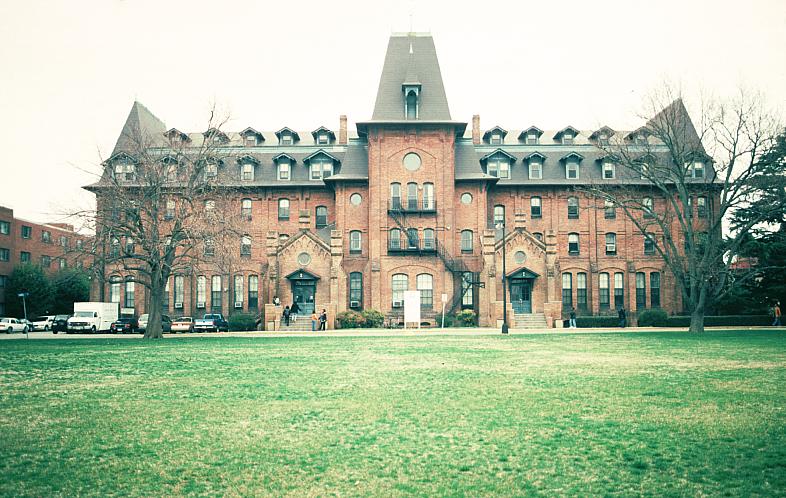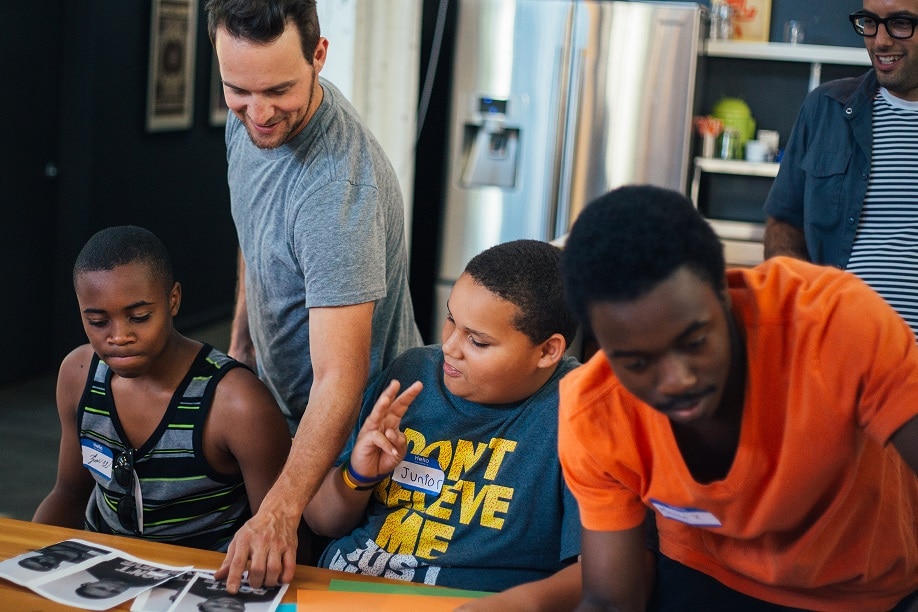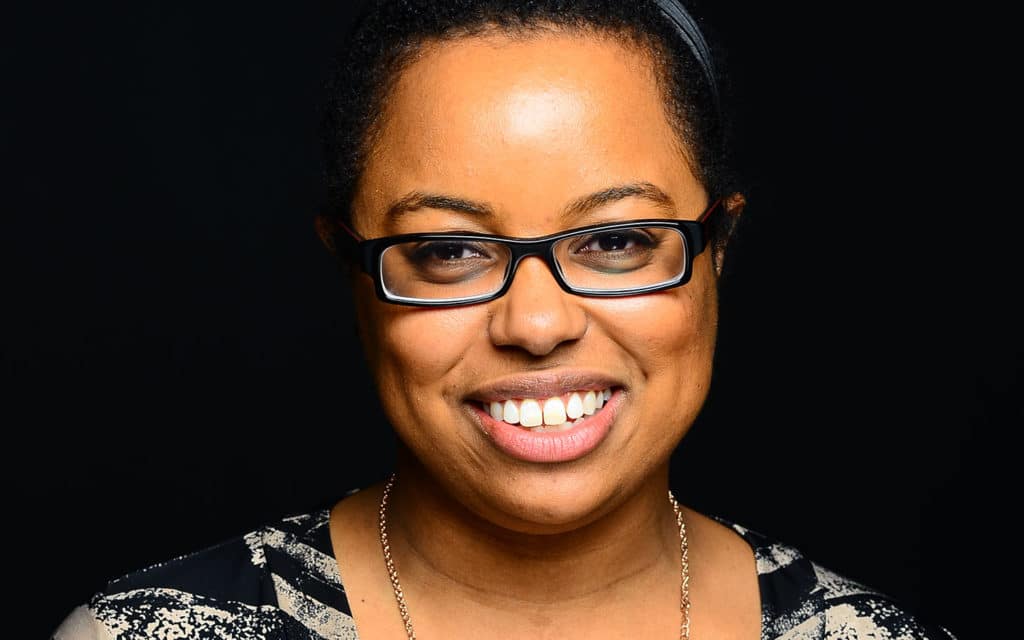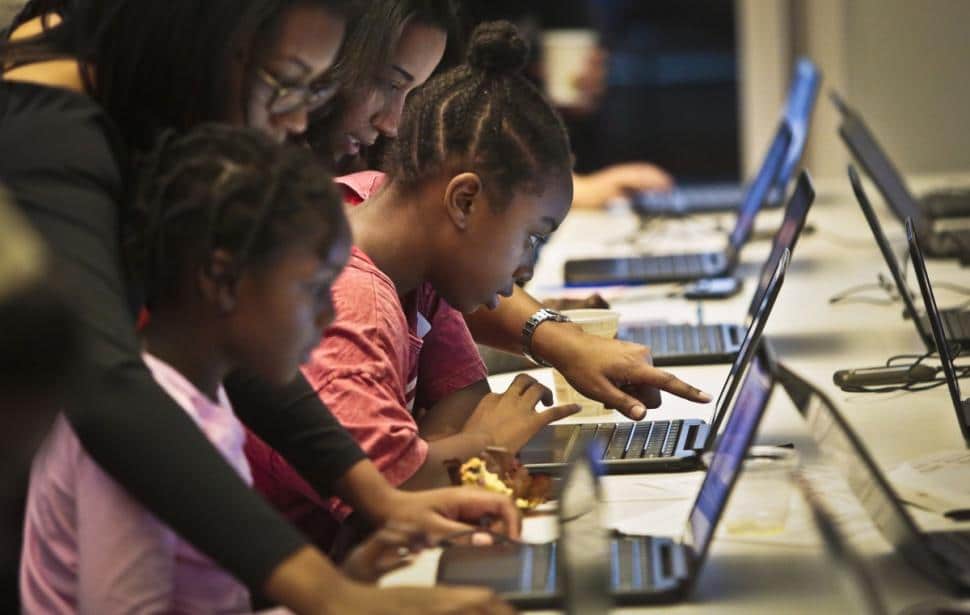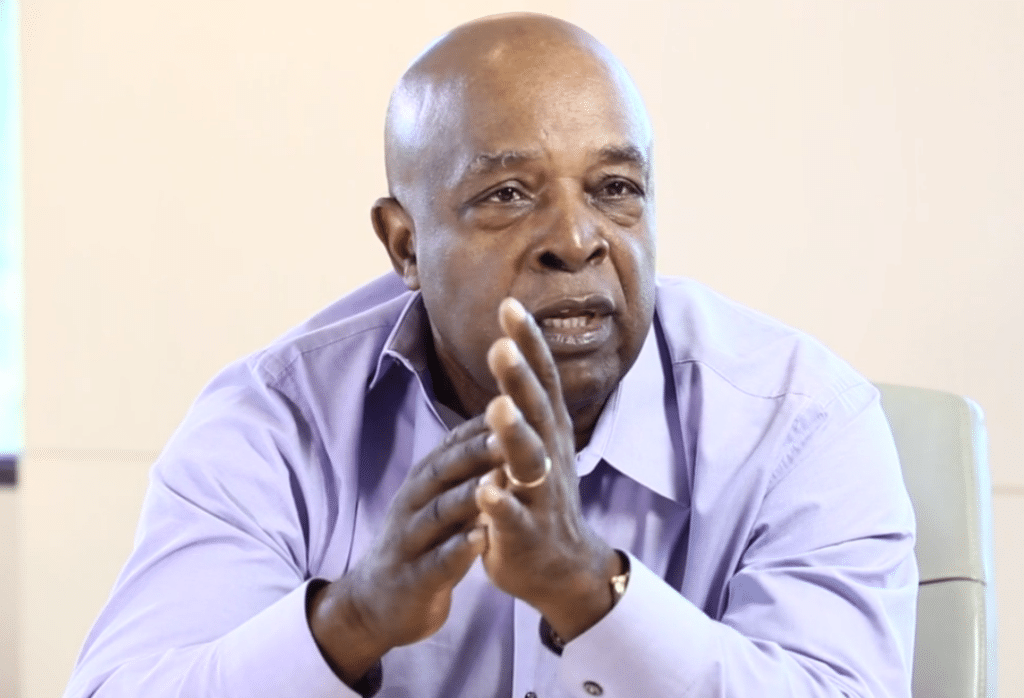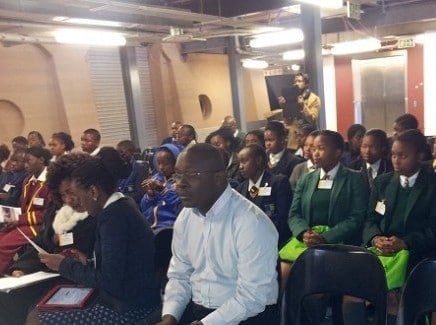As the tech industry continues to battle a serious diversity problem, one program has emerged as a leader in getting Black youths interested in, exposed to and engaged in STEM careers.
iUrban Teen has garnered attention on a national scale and has been a front-runner when it comes to not only exposing young people of color to STEM (science, technology, engineering and math) careers, but also getting them actively engaged in the field at a young age.
“What truly motivated me to create iUrban Teen was the fact that a lot of folks in diverse communities don’t know about the opportunities that are available in STEM careers,” said Deena Pierott, iUrban Teen founder and chief innovator. “This is powerful information to share and I wanted to create a vehicle where we not only told them, we also showed them.”
Many of today’s tech giants are dishing out millions of dollars to create diversity boards, hire new advisers and find other ways to boost diversity within their company walls, but iUrban Teen is attacking Silicon Valley’s diversity issue at its very core.
While unusually high barriers to entry have been plaguing Black people who are interested in STEM careers, there are also far fewer applicants interested in breaking through those walls.
Several studies and successful tech entrepreneurs have pointed to the fact that many Black children are not exposed to the wonders of technology due to insufficient funding in school or a lack of access to mentors.
Thanks to iUrban Teen, that problem may not persist much longer.
 “We’re solving the digital divide,” Pierott, who is also the CEO of Mosaic Blueprint, continued. “We’re solving the problem of exclusion by sharing information with parents and teens about avenues of opportunities and how to get there.”
“We’re solving the digital divide,” Pierott, who is also the CEO of Mosaic Blueprint, continued. “We’re solving the problem of exclusion by sharing information with parents and teens about avenues of opportunities and how to get there.”
The program focuses on educating young Black males between the ages of 13 and 18 about STEM careers and giving them the skills they need to have a solid foundation to build on if they want to pursue such a career path.
The program is also unique for its integration of the arts with STEM, proving to the Black youth that the opportunities in the STEM field are far more diverse than just coding and number crunching.
It also equips the teens with “new perspectives” of the STEM field that could make them truly valuable to the biggest tech giants of the future.
From Teen Tech Summits to STEM+Art Tours, the program hosts a variety of ways to get students of color to dive head first into the tech space and take the first step toward creating a successful future.
That, Pierott says, is more rewarding than any of the major coveted awards that iUrban Teen has earned in the past.
“I could say [my greatest achievement] was the White House honor or the Rockefeller Foundation nomination, or any of the other honors,” she said, but instead there were simpler moments that truly meant the world to Pierott. “My greatest achievement was to receive an email from a mother who said, ‘Thank you for what you do, it was always so difficult trying to get my sons to talk about school, careers, etc., however, every time we attend an iUrban Teen event we talk for hours about the possibilities.’ That’s my greatest achievement — that we make a difference.”
While many Black youth can learn a lot from the programs, there is also a lot they can learn from Pierott herself.
In today’s job market and economy, only the daring, the bold and the strong have the ability to take a leap of faith to become the head of their own companies.
It’s an accomplishment that not many get to boast, but Pierott certainly has more than enough bragging rights.
Even as she stands as a successful businesswoman today, however, she reminds people that the road there wasn’t free of obstacles.
 The key was to embrace those obstacles and “fail forward.”
The key was to embrace those obstacles and “fail forward.”
“I’m pretty flexible and I know how to fail forward,” she said. “Meaning, I’m not afraid of failing on a project. I just try a different approach.”
The hard work paid off and Pierott achieved great things while her mother was still alive to witness it.
Pierott’s mother died just one day after she received her first major award in October of 2010.
“I was extremely close to my mother and was also her caregiver,” she said. “She was diagnosed with dementia in 2007 and that’s when I decided to leave my job and start my own business at home so that I could take care of her. It was important for me to allow her to see me be successful with my business while she still knew who I was. So I worked and worked and worked on my business model. Receiving the MED Week Minority Business of the Year for Mosaic Blueprint was a highpoint for me and for my mother who was there to see it.”

